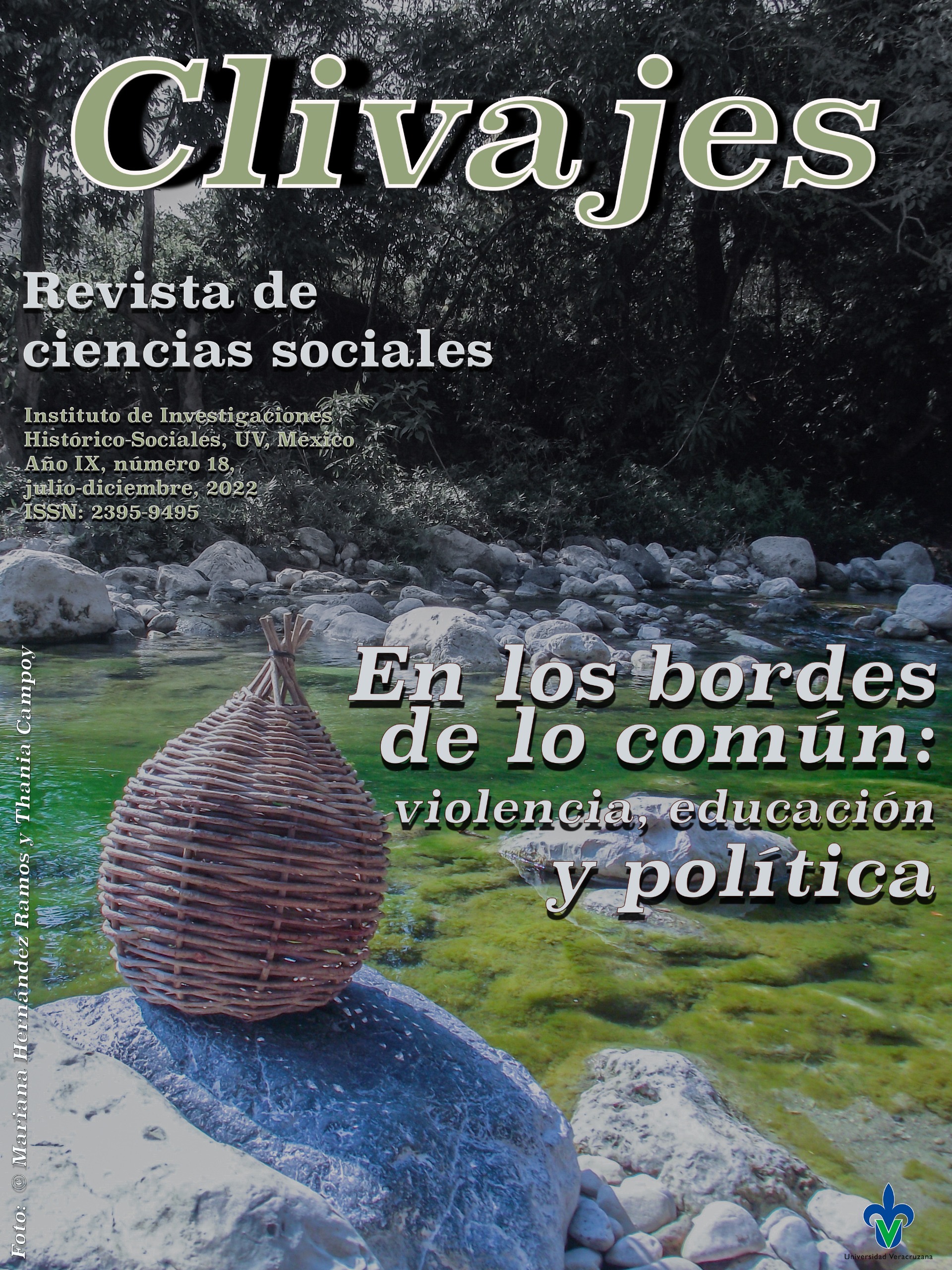Abstract
This article is the result of a research on emotions and political affects, identities, and teachers’ movements, which provides elements to discuss the political functions of affects and emotions in the configuration of the common in education. It is a reflection on the boundaries of social sciences and humanities claiming that approaching emotions and affects with a political-discursive perspective helps reflect on what is common in teachers’ movements, since in certain contexts, affects and emotions have a political function that allows to account for the formation of collective identities based on the displacement of signifiers such as work and union, and emotions such as fear and anger.
To guide these approaches, the article firstly examines authors concerned with the effect of emotions and affects in the shaping of collective identities and the weakening of the dynamics and structures that help build social bonds. Secondly, it displays an analysis in two categories: 1) common goods in teachers’ scenarios: work and unionism, and 2) ordinary emotions and affections: fear and anger developed by using Atlas.ti software. The article ends with conclusions of temporary nature.
Keywords: Teachers' movements, Emotions/Affections, The common, Conflicts and unionism.


